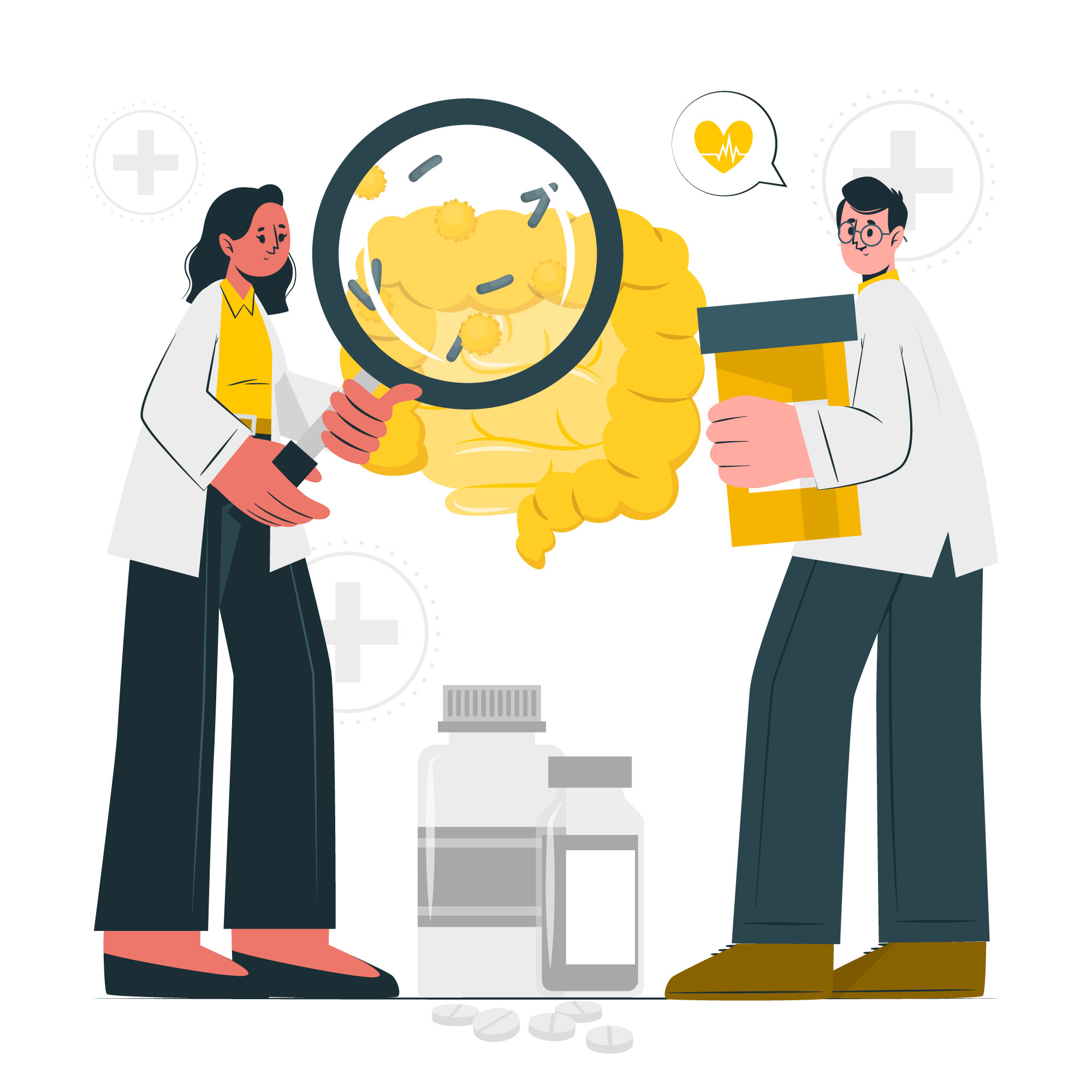
Understanding Medications and Treatments for Irritable Bowel Syndrome (IBS)
Living with Irritable Bowel Syndrome (IBS) can be challenging, but there are medications and treatments available to help manage symptoms and improve quality of life. Let’s explore some common options in simple terms to help you better understand how they work.
1. Antispasmodic Medications:
- Antispasmodics help relax the muscles in the digestive tract, reducing cramping and abdominal pain associated with IBS.
2. Fiber Supplements:
- Fiber supplements, such as psyllium or methylcellulose, can help regulate bowel movements and alleviate constipation or diarrhea symptoms.
3. Anti-diarrheal Medications:
- Anti-diarrheal medications, such as loperamide (Imodium), can help slow down bowel movements and reduce diarrhea symptoms.
4. Probiotics:
- Probiotics are beneficial bacteria that can help restore balance to the gut microbiome and alleviate symptoms of IBS, particularly bloating and gas.
5. Low-Dose Antidepressants:
- Low-dose tricyclic antidepressants or selective serotonin reuptake inhibitors (SSRIs) may be prescribed to help manage pain, improve mood, and reduce IBS symptoms.
6. Dietary Changes:
- Certain dietary changes, such as following a low-FODMAP diet or eliminating trigger foods, can help manage IBS symptoms effectively.
7. Stress Management Techniques:
- Stress management techniques, such as mindfulness meditation, yoga, or cognitive-behavioral therapy (CBT), can help reduce stress levels and alleviate IBS symptoms triggered by stress.
It’s important to work closely with your healthcare provider to determine the most appropriate treatment plan for your specific symptoms and needs. By exploring different medications and treatments, you can find relief from IBS and improve your overall quality of life.
To seek medical advice, always consult a Doctor. Here are our recommended experts. Click Here
To read more on IBS. Click Here


